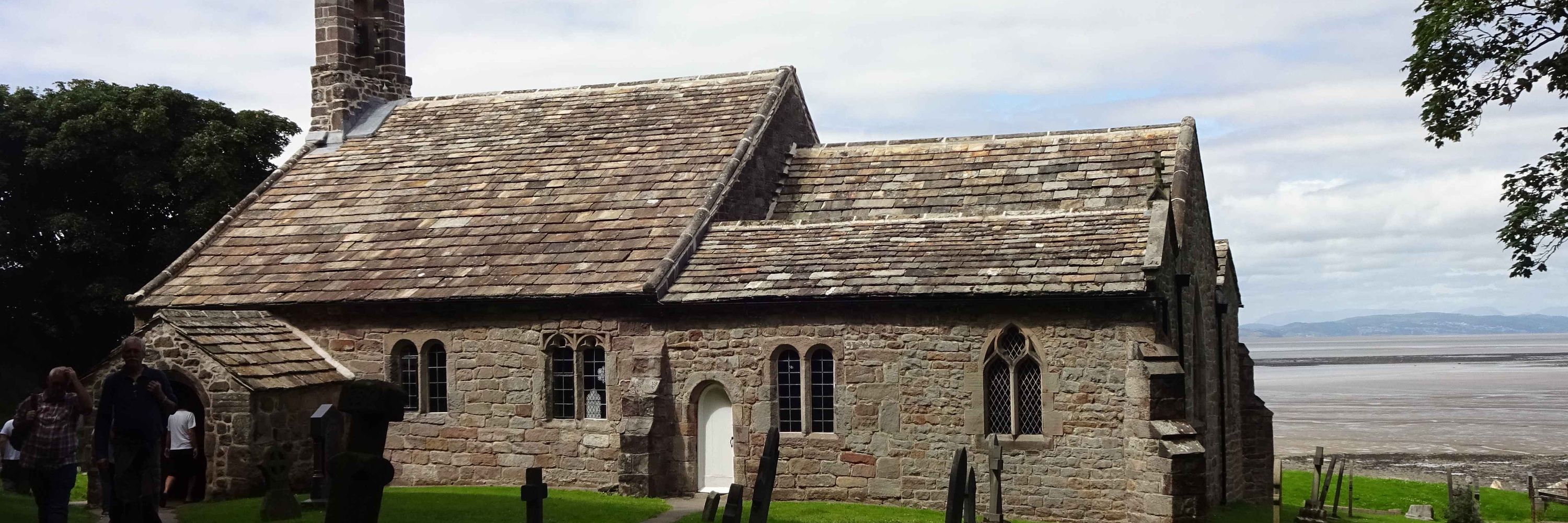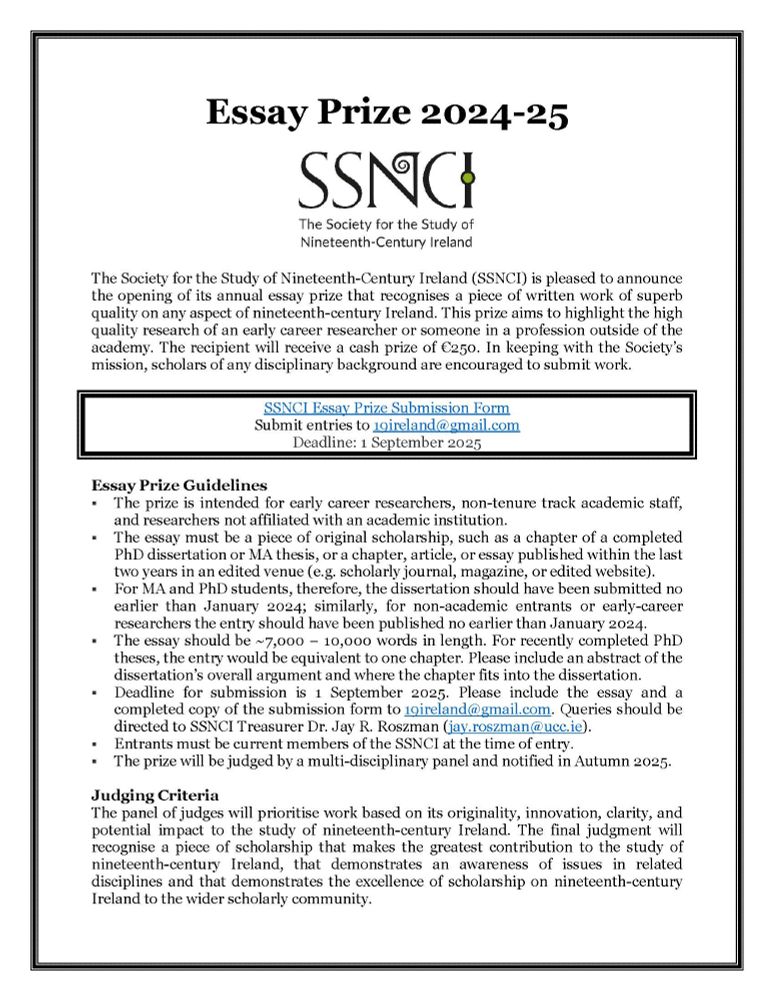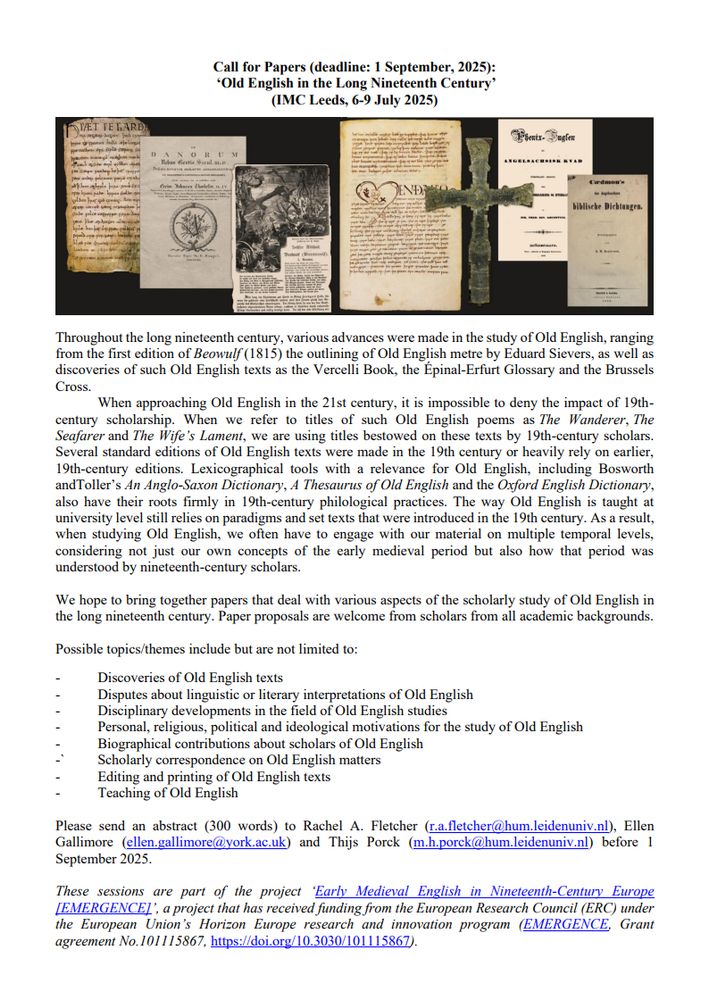Ellen Gallimore
@emgallimore.bsky.social
650 followers
240 following
96 posts
PhD candidate at University of York @uoyenglishrl.bsky.social, studying early medieval literature, tithes, 19th C. medievalism, tithes, English church history, tithes, historiography, and tithes.
p/t PS staff at @manchester.ac.uk
Posts
Media
Videos
Starter Packs
Reposted by Ellen Gallimore
Reposted by Ellen Gallimore
Reposted by Ellen Gallimore
Reposted by Ellen Gallimore
Ellen Gallimore
@emgallimore.bsky.social
· Aug 31
Ellen Gallimore
@emgallimore.bsky.social
· Aug 31
Reposted by Ellen Gallimore
Ellen Gallimore
@emgallimore.bsky.social
· Aug 31
Reposted by Ellen Gallimore
Ellen Gallimore
@emgallimore.bsky.social
· Aug 29
Reposted by Ellen Gallimore
Ellen Gallimore
@emgallimore.bsky.social
· Aug 25
Ellen Gallimore
@emgallimore.bsky.social
· Aug 24
Reposted by Ellen Gallimore
Reposted by Ellen Gallimore
Charles West
@pseudo-isidore.bsky.social
· Aug 18
Ted Vallance
@tedvallance.bsky.social
· Jul 18

Job Opportunity at Royal Holloway University of London: Postdoctoral Research Associate (13th-14th century focus) - Inclusive Histories
Full-time, Fixed Term (12 months)Applications are invited for the post of Postdoctoral Research Associate in the School of Humanities.Inclusive Histories is a collaborative research and schools engage...
jobs.royalholloway.ac.uk
Reposted by Ellen Gallimore
Reposted by Ellen Gallimore
Reposted by Ellen Gallimore















